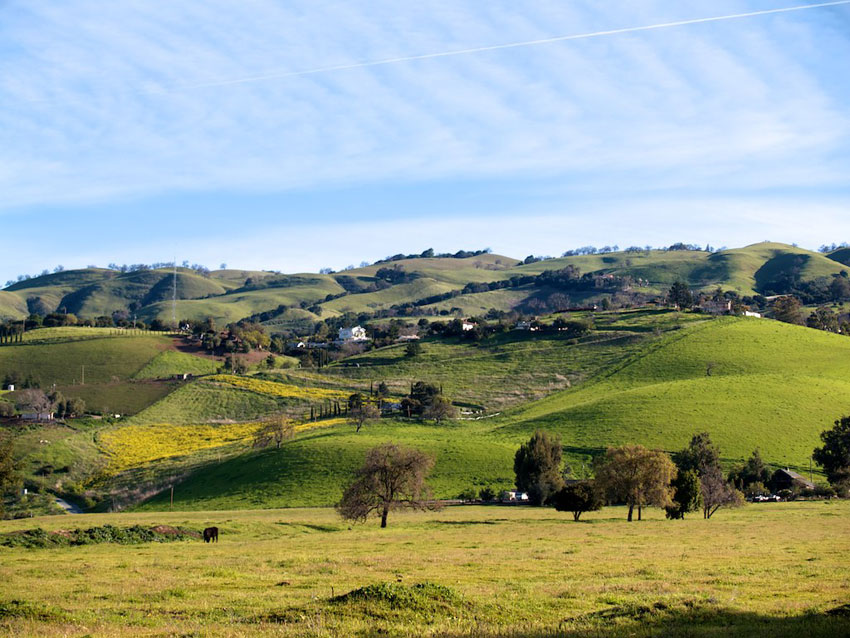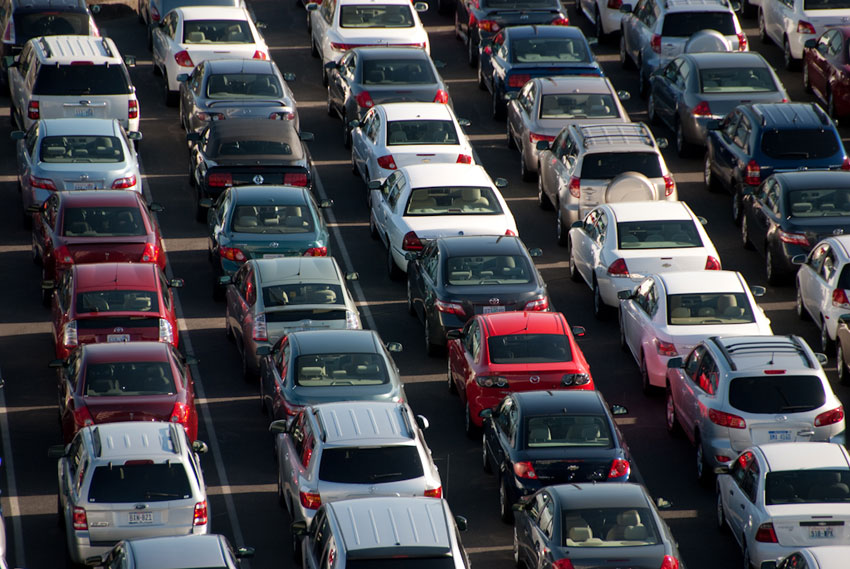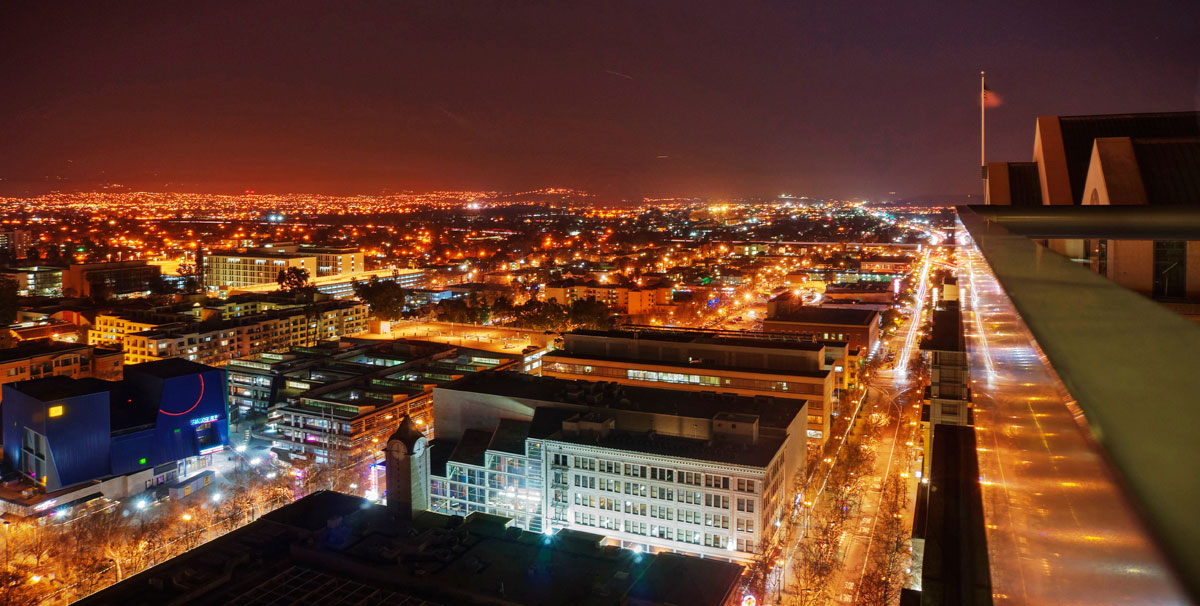Community Activists Mobilize Behind Measure C and Move to Stop Measure B – Adv.
A view of Downtown San Jose, Calif. (Peter Thoeny/Flickr)
There’s a huge difference between two ballot initiatives squaring off on the June 5 San Jose ballot.
Whichever one wins could have repercussions for everything associated with sprawl in the region – from traffic gridlock to less affordable housing and reduced open space.

Measure C stands for Community, say activists who have mobilized to put it on the ballot to stop Measure B in its tracks. Measure B, they argue, stands for billionaires served by developers who want to open up undeveloped areas in Evergreen and in Coyote Valley for high end housing use with no requirement for actually building the affordable units they’ve promised. Whereas Measure C went through three public hearings and won the support of the San Jose City Council and the Mayor, backers of Measure B held no public hearings, did not publicize their initiative before they finalized the language and relied on paid signature gatherers to put it on the ballot.

If B passes and C does not, it will
- Worsen the housing crisis in San Jose, one of the 10 hottest housing markets in the country
- Increase traffic gridlock in Silicon Valley since both Evergreen and Coyote Valley are far from available transit routes and new residents would have to rely on personal autos;
- Reduce open space and increase risks of environmental degradation and flooding by opening up development in two undeveloped regions – 200 acres in Evergreen and 3000 acres in Coyote Valley.
If C passes, its legal authority overrules Measure B because C is a charter amendment and B is a General Plan amendment.
Paid for by Neighbors for Affordable Housing and Open Space (NAHOS). For more information go to: www.NoOnBsj.com and http://www.stopsanjosesprawl.com/.


